The final step in the neck raw assembly on the Mousa 003 hollowbody is gluing up the fingerboard. Next up will be inlaying the side fret markers and roughing out the neck carve.
Viewing entries in
bench
Ah, more on the heavily modified 1970s Gibson EB-3. A combination of a low neck angle and poor design of the original 2 point bridge made it the ideal candidate for a modern upgrade. As you can see from the photo above, the two maple wedges were an attempt to keep the bridge from leaning forward. But leaning issues aside, the action could not be lowered any further. In comes a Hipshot 2 point Supertone bridge to help out. It has a lower profile and it's machined with far greater tolerances to maximize sustain and allow for proper action and intonation. I agree that it does change the vintage vibe of the bass, but if you value playabilty over vintage-correctness, this is the way to go.
This is from a couple weeks ago. Here I'm clamping the headstock overlay on Mousa 003 neck build. I learned from my days at Santa Cruz Guitars to pre-bind the overlay before you glue it to the neck. Then you can use the headplate overlay as a routing template to shape the peghead. Pretty slick.
Here's a cool partscaster Tele in for a setup. This was a father's birthday present where his sons all bought the parts for him and he put it together. Talk about sentimental value! Definitely a sweet birthday present, great job kids.
Note "RBM Custom" is the player's initials.
Gluing up the peghead ears on last week's Mousa 003 neck build. I like to do full ears as opposed to just adding corners. The difference is that you can't see the ear joint from the side on full ears where just gluing the extra corners looks sloppy and lazy. The extra effort is a pain but totally worth it.






![Setup :: RBM Custom Tele-Master [7.7 lbs]](https://images.squarespace-cdn.com/content/v1/53dfcee2e4b0c0da377c65c7/1450631121956-HSWRE9CT18HHMUW0CVSX/image-asset.jpeg)
